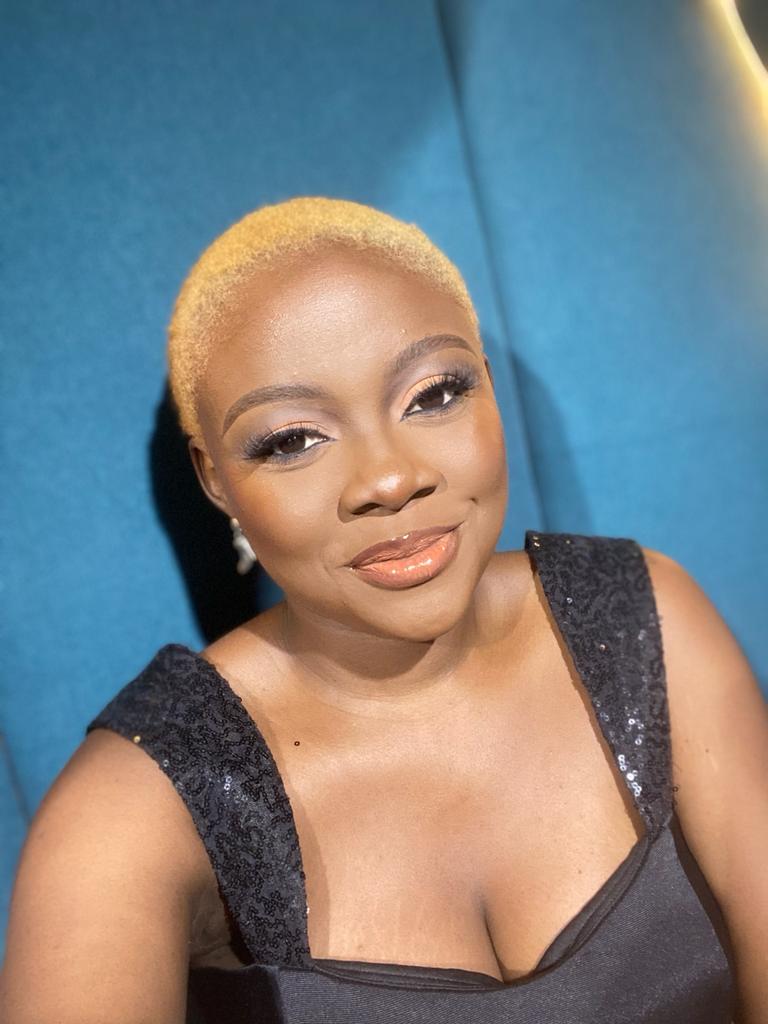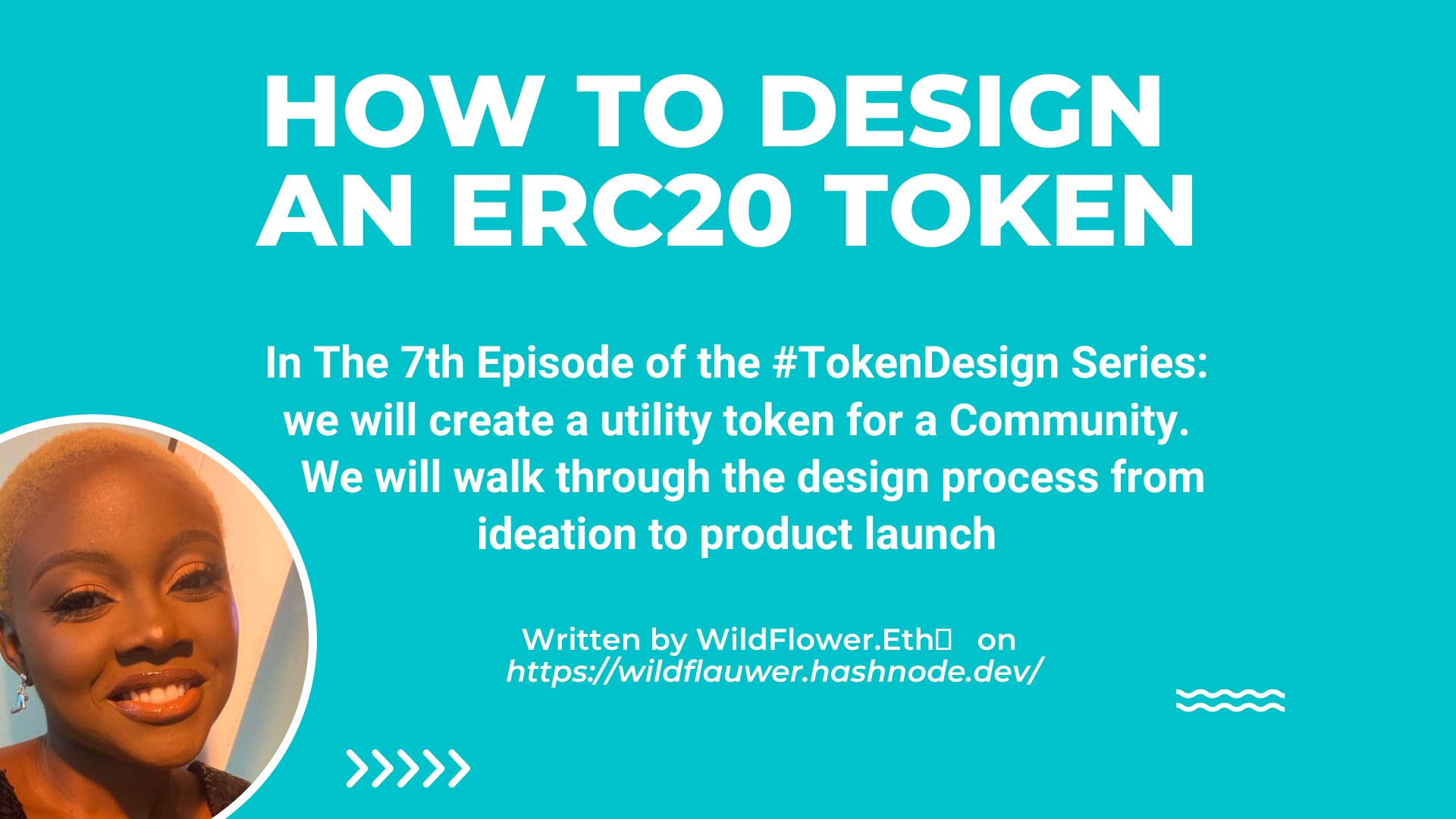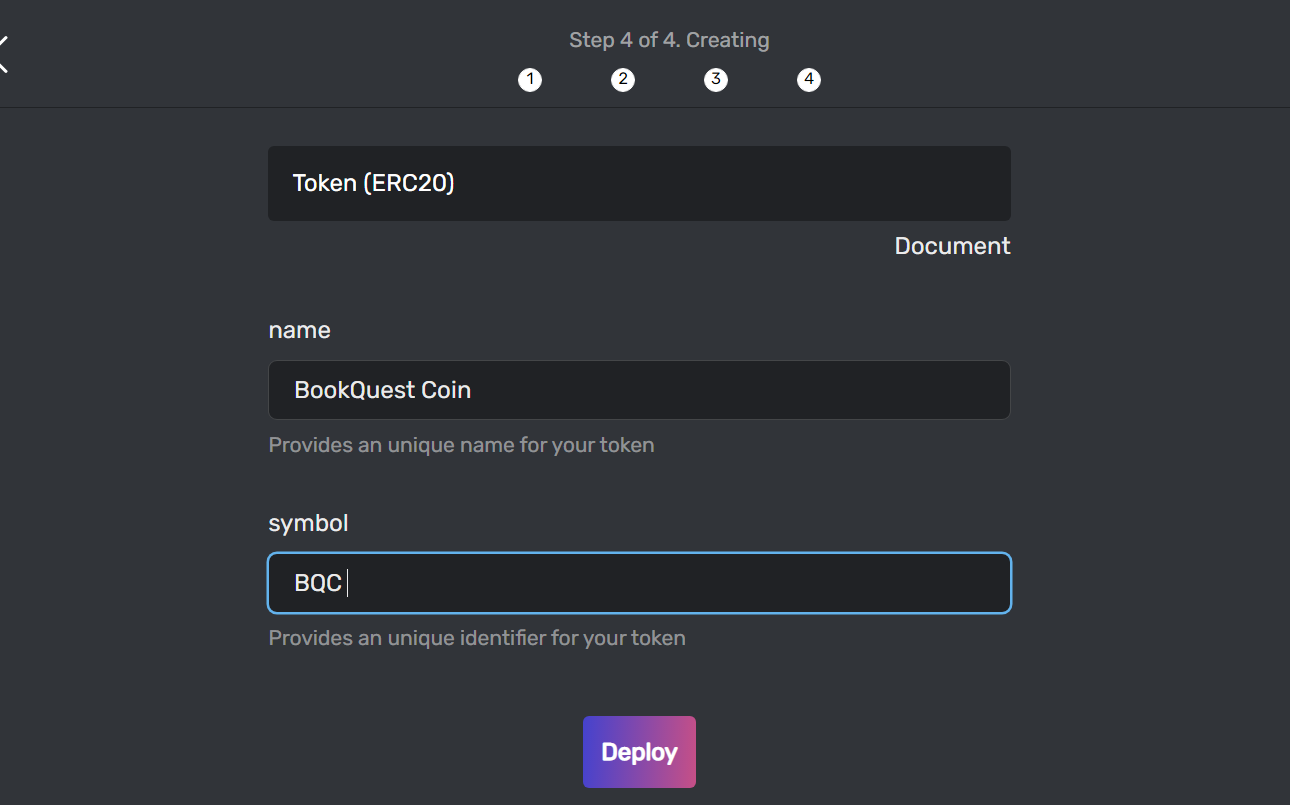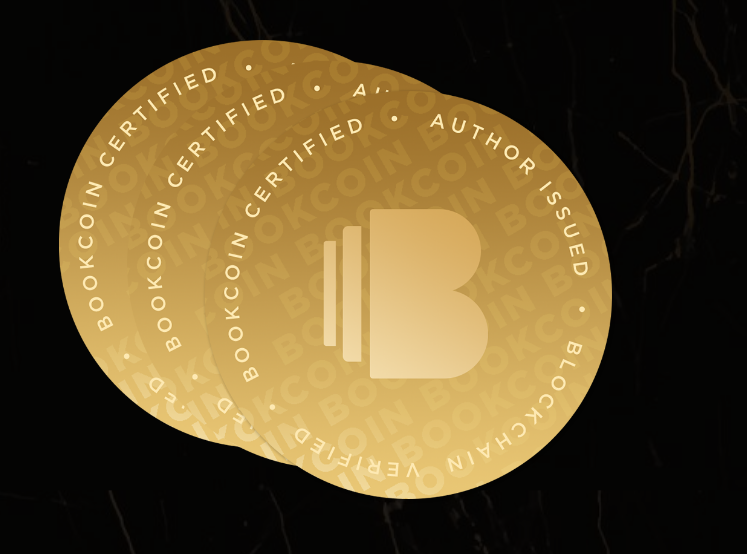Tokenomics 6: How To Create an Actual Token
 WildFlower.Eth🌺
WildFlower.Eth🌺
How do you actually make a tradeable token?
In this article, we will walk through the process of creating a utility token for a community, BookQuest Africa.
Bookquest Africa was created to be a community for people who are passionate about reading. Our platform makes books easily accessible by decentralizing the way books are bought.
We will begin from ideation, where we map out our ideas and the plan for our token, to product development, where we dig deep into the technical part of creating a functional token. I will break down the process into steps;
1. The Problem Statement
A problem statement answers the question: why do we need a token?
We want to create a token to facilitate buying and selling within our app. For us to have a sustainable economy that supports the growth of our platform; BookQuest Africa, we need our members to buy and sell within the app.
2. Token Definition
A product definition defines the solution to the problem statement.
BookQuest (BQ) Token will be a digital asset that users can use to buy, rent, share & sell books on our platform. This token will also be used as a store of value and a means of exchange for crypto coins.
3. Token Ideation Process
Now that we have defined our problem and product statement, our next step is to brainstorm on the details of our token. The ideation process will answer questions like;
- What will our token be called: BookQuest Token (BQ Token)
- What will our token look like: A token logo or image -How many tokens do we create: 1 million
- The number of decimals of token: 18 decimals
- What will our token be used for: Our token will be used to sell or buy books. To encourage users through incentives. Tokens will be used as gift vouchers etc
BookCoin is releasing the first NFT Bookplatform this year, their token will give you an idea what a BQ Token will look like once released
4. Token Product Development
You do not need to know how to code to create a token on the blockchain. There are several platforms that help you deploy a token on different blockchains. Token blocks like Remix, Bunzz, Eat The Blocks, etc. You can create a token on any blockchain that supports token creation, like Solana, Ethereum, or Cardano. We are using Ethereum because we are creating an ERC 20 Token.
Creating a token is easy, there are many no code tools that have designed templates you can easily duplicate to create your own token. You would need to link your metamask account, and use a Faucet account to receive fake ethers that can help process your token transaction.
Follow these steps to create your own ERC20 token using any no-code smart contract platform. For the purpose of this tutorial, I utilized, Bunzz SDKto deploy my smart contract on the blockchain.
- Add Ether to your Metamask wallet.
- Create a Smart Contract
- Deploy your smart Contract
- Verify Token on EtherScan
Save Your token address
Token Launch
It is one thing to create a token, but it is another thing to ensure that it is used in the right way. The token launch covers its prices, its distribution, liquity, staking, and token circulation.
Token Launch answers the question; "How do we distribute our token in a way that the value increases progressively?" In our previous article, we talked about how demand and supply affect the value of a token.
A fixed supply of tokens makes their price go up progressively (deflatory tokens).
A constant supply of tokens can dilute the value of your tokens (inflatory tokens) as more tokens are added into circulation.
We decided to create one million BQ Tokens using a fixed supply (deflatory) model.
To distribute our token, we will issue 10% of our tokens as airdrops to the BookQuest community. 10% to the bookQuest Team, the rest can be distributed on exchanges like Binance, Roqqu, and etherdelta, to list oyr tokens for trade.
Token Pricing
After you issue your token, how do you control its price? You might want to control the price of a token at the initial stage.
Token Pricing answers the question, "how will the price of our token be determined?"
To be honest, as the creator of a token, it is up to you to set the initial price of the token. Many tokens are set to $0.1 per token at their Initial Coin Offering
This is in no way an extensive tutorial on token creation. However, it will set you on th right part of creating your own token. The most important question in this entire process if finding out why you need a token in the first place. Thereafter you can figure out how to design your token, deploy it on the blockchain, and finally, launch it to the market.
I've provided resources, include videos that would work you through how to create your own token on Ethereum blockchain.
Did you learn anything new in the token creation process? Do you have feedback on insights you would like to share. You can reach me on twitter and on Linkedin
Resources
Merunas Grincalaitis on Medium
How to create an ERC20 token with Bunzz
Subscribe to my newsletter
Read articles from WildFlower.Eth🌺 directly inside your inbox. Subscribe to the newsletter, and don't miss out.
Written by

WildFlower.Eth🌺
WildFlower.Eth🌺
Favour Onukogu is a Product Manager, UX Writer & now studying to be a smart contract developer. She is passionate about using user behavior to transform products to meet business expectations. She has been endorsed as an Enterprise Design thinking practitioner by IBM and a certified Digital Marketer by Google. She started her career working creating content for several blogs including SheLeadsAfrica & TEDx Port Harcourt. She has worked with several startups including an Agritech, Coworking Hub, Consulting firm, and currently, a crypto exchange platform where she works as a Creative Strategist where she has created solutions to shorten customer response time & curb fraud issues on social media In 2020, she founded BookQuest Africa, a peer-to-peer sharing platform for book lovers, where she guides a team of developers & designers to build the BookQuest Platform Her vision is to help founders and product teams understand problems, validate business models & create Impactful solutions. When she's not working, she is reading a book, watching videos on YouTube (which she plans to product manage), or tweeting furiously on Twitter You can find some of her works here: https://onukogufavour.medium.com/ Check her portfolio: https://sites.google.com/view/favouronukogu-portfolio/home


